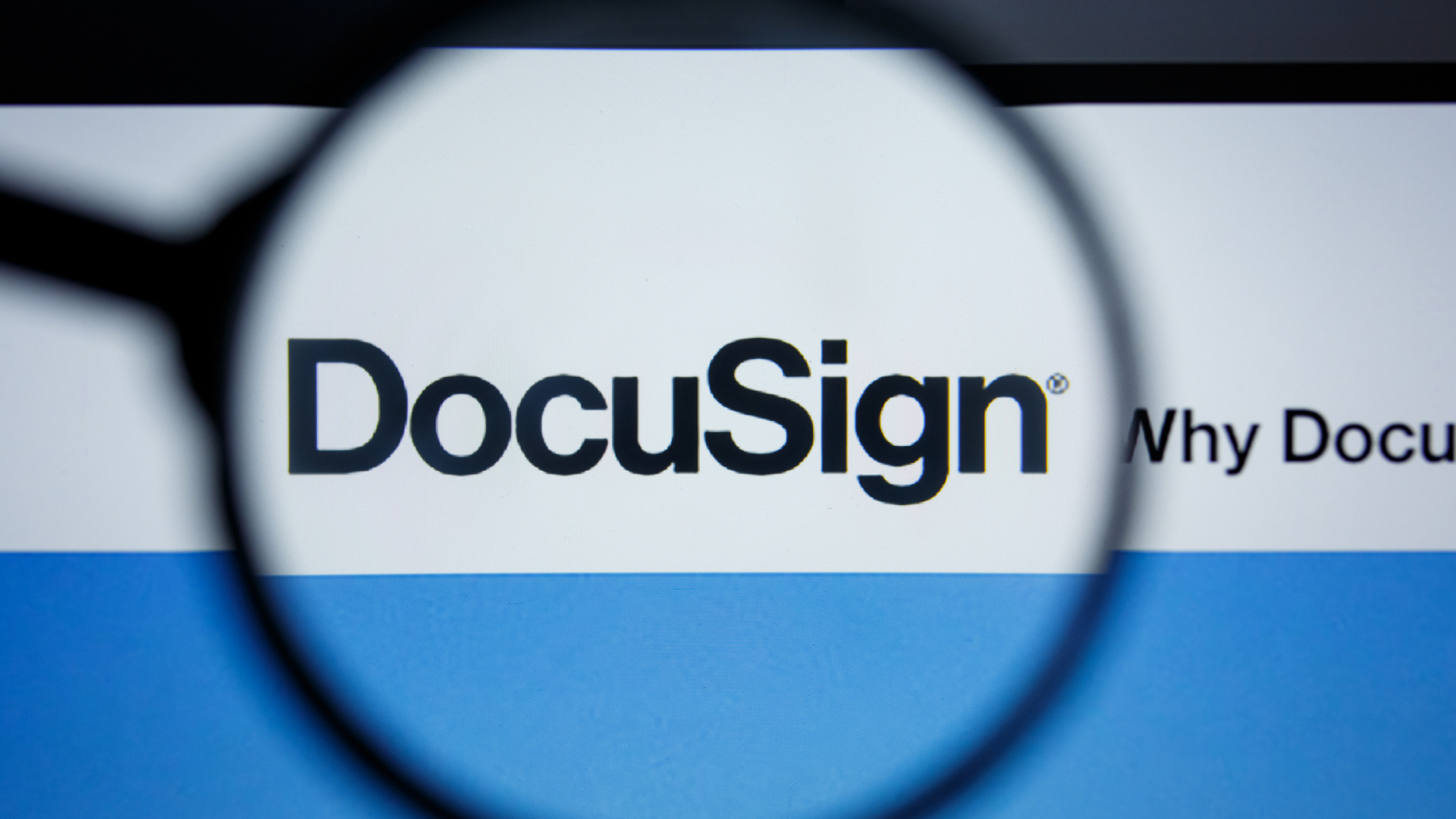Fake anti-virus cold calling warning issued
One in four people have been contacted by gangs trying to flog fake IT security services, Get Safe Online says.


Criminal gangs have been busy cold calling UK web users trying to sell them fake anti-virus software, a campaign group has warned.
One in four British adults have been contacted by people purporting to be from legitimate IT companies and promising to fix computers for a price, Get Safe Online has warned.
A typical fee is around 30, but the cyber criminals are after more than a one-time payment they also want credit card details or remote control of the victim's computer.
To do this they will tempt the user into downloading fake anti-virus software, which will then infect the victim's system and steal their data.
Recent cases have seen between 300-400 people working on such an operation, using "call centre scale set ups," explained Sharon Lemon, deputy director for cyber crime at the Serious and Organised Crime Agency (SOCA).
"They can also be paying out as much as $150,000 (93,300) a month (on a pay per download basis) to individual webmasters who are unwittingly advertising their fake software this level of investment from criminals indicates that the returns are much heftier than this," Lemon added.
"Given that our latest research indicates 80 per cent of UK internet users have never heard of these IT helpdesk' scams, yet almost a quarter have been approached by them, it is vital that we make people aware of this threat," said Baroness Neville-Jones, minister of state for security.
Get the ITPro daily newsletter
Sign up today and you will receive a free copy of our Future Focus 2025 report - the leading guidance on AI, cybersecurity and other IT challenges as per 700+ senior executives
Get Safe Online research also discovered 48 per cent of UK web users had seen a pop-up window appear on their screen warning them their computer was infected.
While gangs use the internet as a launchpad for their attacks, the use of telephones has signalled a shift in their tactics.
"The one-to-one nature of the telephone calls also signals a more invasive approach," said Dr Emily Finch, criminologist at the University of Surrey.
"Telephone calls use the personal touch to gain trust. By knowing just a little bit of information about someone (e.g. date of birth, full name, address easily obtainable by fraudsters who know where to go), criminals begin to sound credible and plausible in their approach."
The research comes at the start of the Get Safe Online awareness week designed to help people use the internet safely and protect their PCs.
Fake anti-virus has been a growing problem of late. Earlier this year, Google research showed fake anti-virus accounts for 15 per cent of all malware on the web.
Tom Brewster is currently an associate editor at Forbes and an award-winning journalist who covers cyber security, surveillance, and privacy. Starting his career at ITPro as a staff writer and working up to a senior staff writer role, Tom has been covering the tech industry for more than ten years and is considered one of the leading journalists in his specialism.
He is a proud alum of the University of Sheffield where he secured an undergraduate degree in English Literature before undertaking a certification from General Assembly in web development.
-
 Asus ZenScreen Fold OLED MQ17QH review
Asus ZenScreen Fold OLED MQ17QH reviewReviews A stunning foldable 17.3in OLED display – but it's too expensive to be anything more than a thrilling tech demo
By Sasha Muller
-
 How the UK MoJ achieved secure networks for prisons and offices with Palo Alto Networks
How the UK MoJ achieved secure networks for prisons and offices with Palo Alto NetworksCase study Adopting zero trust is a necessity when your own users are trying to launch cyber attacks
By Rory Bathgate
-
 FBI warns scammers are using cryptocurrency ATMs to siphon cash
FBI warns scammers are using cryptocurrency ATMs to siphon cashNews Criminals will stay on phone with victims as they make payments, says advisory
By Danny Bradbury
-
 Hackers fake DocuSign and offer fraudulent signing methods
Hackers fake DocuSign and offer fraudulent signing methodsNews Criminals impersonate the e-signing company to steal credentials
By Rene Millman
-
 Account takeovers rise nearly threefold during pandemic
Account takeovers rise nearly threefold during pandemicNews Financial services hit hardest by account hijackers, says Sift report
By Danny Bradbury
-
 Cyber criminals leak one million credit cards on the dark web
Cyber criminals leak one million credit cards on the dark webNews Among the stolen hoard are customer details from US and Canadian banks
By Rene Millman
-
 SentiLink raises $70 million for its identity verification platform
SentiLink raises $70 million for its identity verification platformNews SentiLink’s ID Theft Score helps businesses combat synthetic fraud
By Praharsha Anand
-
 Content fraud levels continue to rise in 2021
Content fraud levels continue to rise in 2021News The pandemic has ushered in a new level of scams and misinformation
By Danny Bradbury
-
 What is DMARC and how can it improve your email security?
What is DMARC and how can it improve your email security?In-depth Protect your customers and brand rep with this email authentication protocol for domain spoofing
By Gabriella Buckner
-
 FTC warns of rising cryptocurrency fraud
FTC warns of rising cryptocurrency fraudNews Marked rise in cryptocurrency losses began just as pandemic took hold
By Danny Bradbury